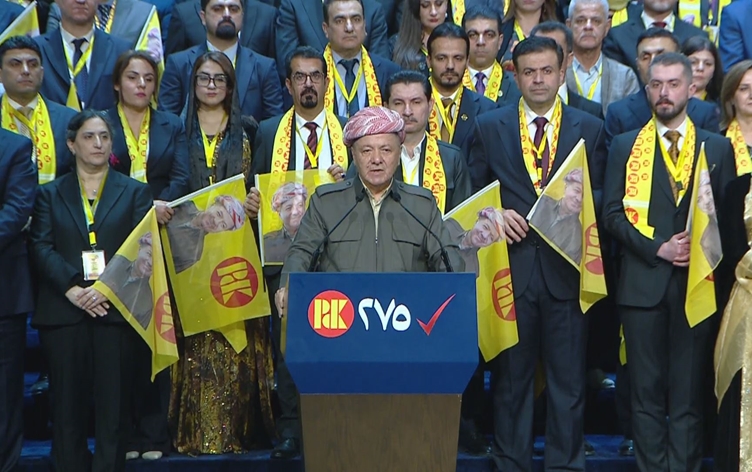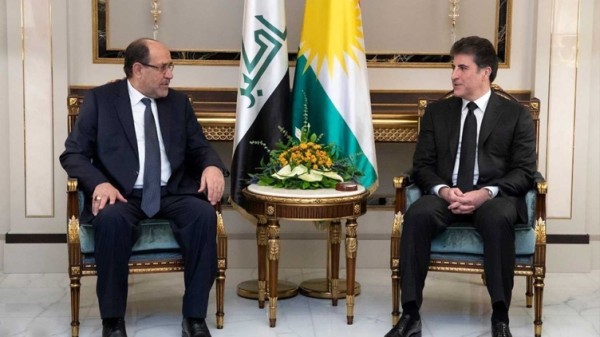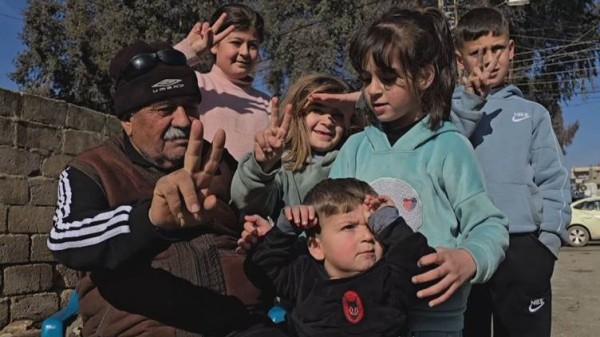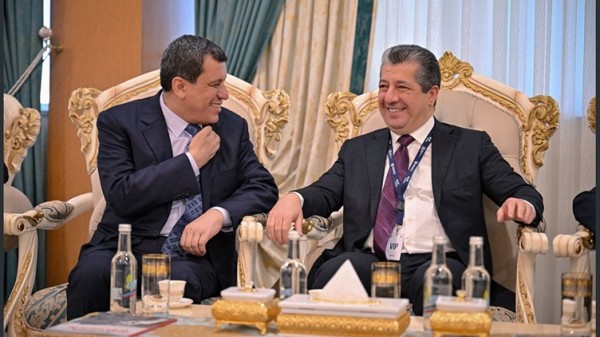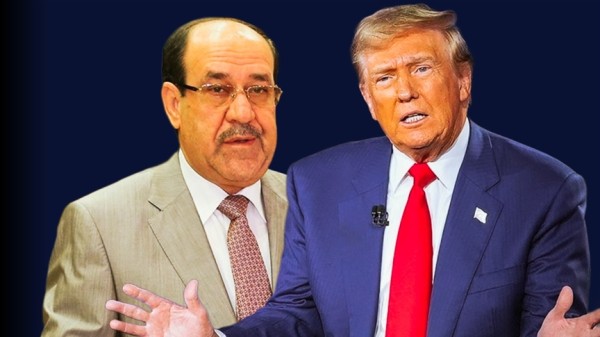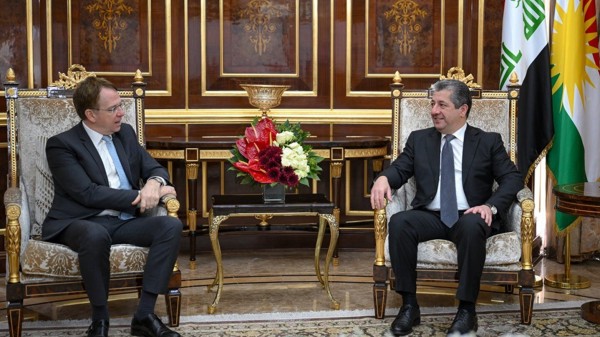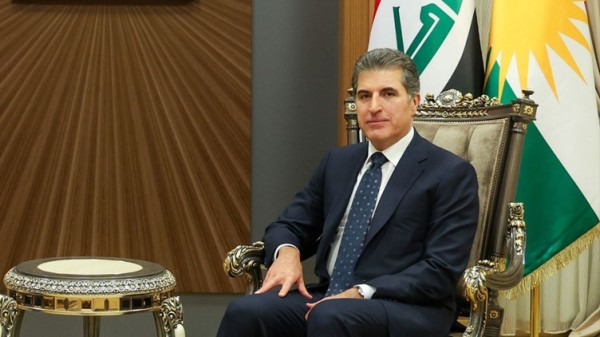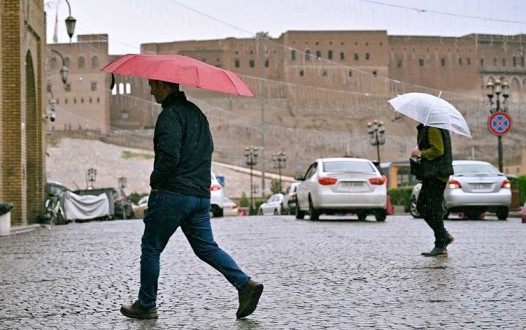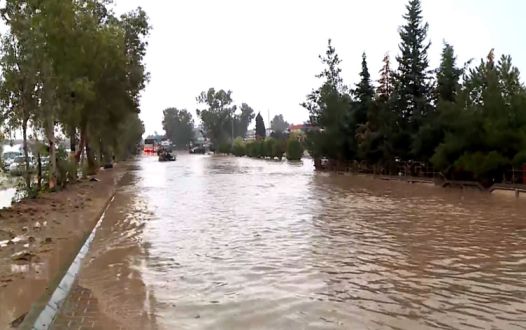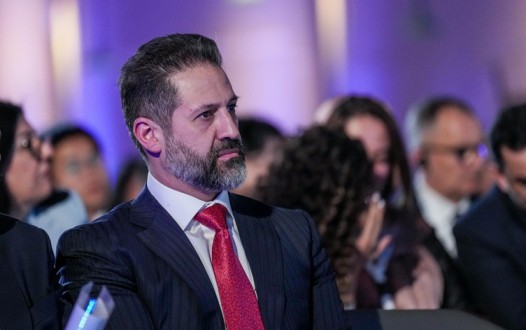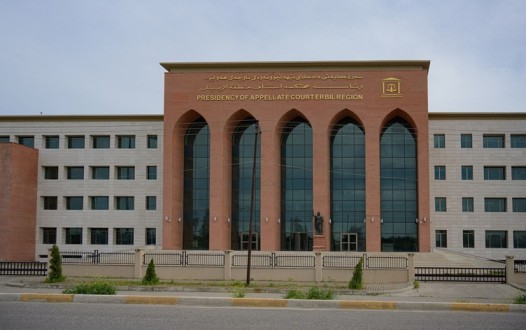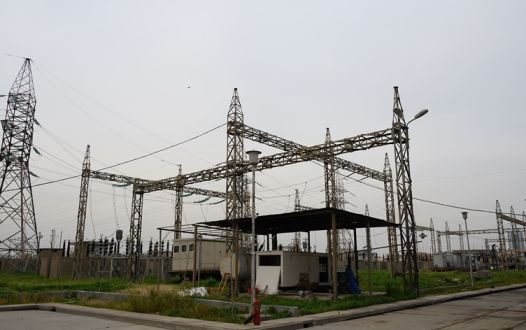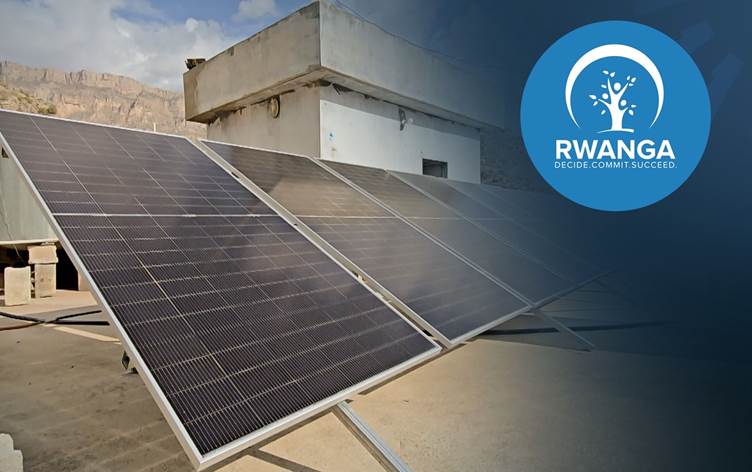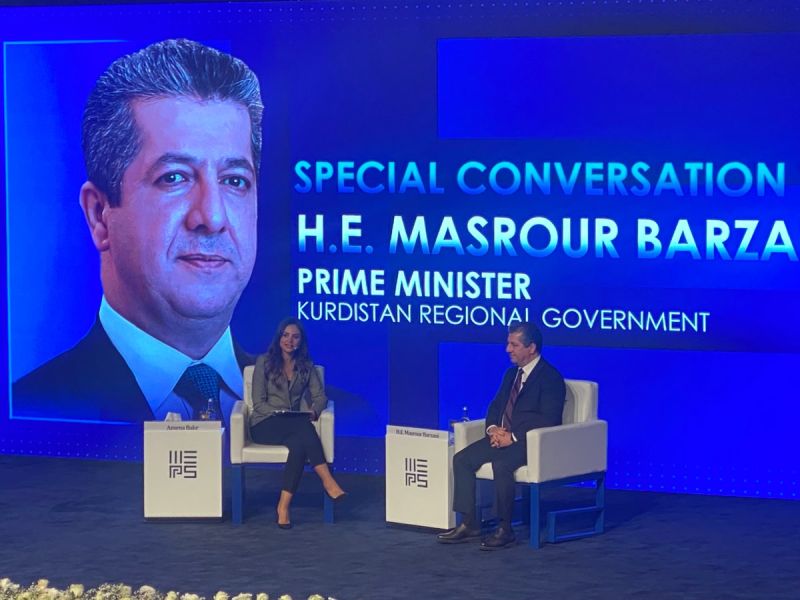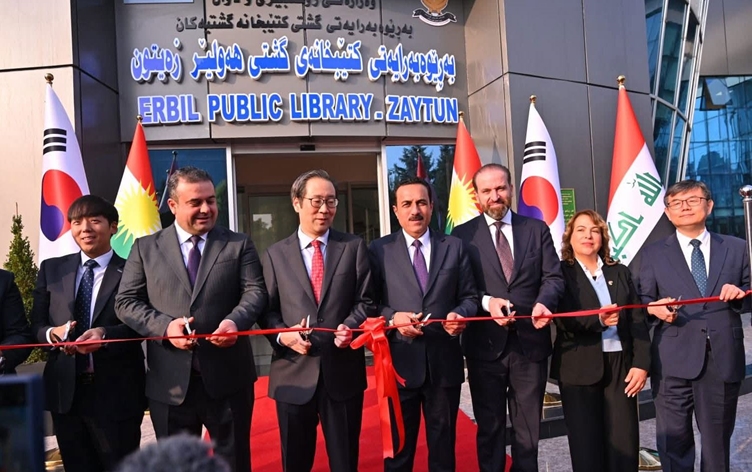Southern Kurdistan / KDP President Barzani encourages 'calm' election campaigning
KDP President Barzani encourages 'calm' election campaigning
- Date: 2025-10-14 - 17:25:00
Share article on
Related News
President Barzani convinces Erdogan to remove flight ban on Sulaimani airport
Electricity restoration remains uncertain after Khor Mor attack
PM Masrour Barzani: Partnership with Kurds Depends on Full Implementation of Iraq’s Constitution
Afrin cultural festival opens in Bonn, showcasing Kurdish art and creativity
The Kurdistan Post
Under 'Partnership, Balance, and Agreement," ruling Kurdistan Democratic Party (KDP) officially on Sunday launched its campaigning for Iraq's November parliamentary election, in an event where President Masoud Barzani delivered a speech, urging a "calm" campaigning, while criticizing authorities in Baghdad for failures to implement the Constitution.
"I call for a calm election [campaigning]," KDP President Barzani told his party's candidates and supporters.
Campaigning for Iraq’s November elections began on October 3 and will continue until November 8. Security forces and special voters will cast their ballots on November 9, followed by the general election on November 11.
"With a genuine democracy, all rights will be achieved," said KDP President Barzani in his opening remarks at the campaign launch event, held at Erbil's Saad Abdullah Conference Hall. The event was also in the presence of Kurdistan Region President Nechirvan Barzani, and Prime Minister Masrour Barzani, who both are KDP deputies.
Barzani urged all the people of the Kurdistan Region to head to the polling station "in high numbers."
He also expressed his happiness over the inclusion of Arab and Turkmen individuals in the KDP's list No. 275, saying this proves the KDP's "strong principles" and hailing the move as giving "more strength" to his party.
With 175 names, KDP has the highest number of candidates who have fielded candidacy on its list. KDP has 61 candidates in Nineveh province, the party's highest number across all electoral constituencies.
Barzani urged the KDP candidates to be representatives of all Iraqis, urging them to join arms with other lawmakers in Baghdad to defend "the oppressed people" of Iraq, irrespective of ethnic and religious backgrounds.
In some places, such as Salahaddin and Diyala provinces, the KDP does not have a list, but has a candidate in each of the two provinces on the Azm Alliance list. Azm Alliance, a Sunni bloc, is led by Muthanna al-Samarrai.
The KDP currently has 31 representatives in the Iraqi parliament - the highest among all the Kurdish parties in the Kurdish Region, followed by Patriotic Union of Kurdistan's (PUK) 17.
Failure to implement Constitution
During his speech, President Barzani criticized all Iraqi governments ever since the collapse of the former Baath regime for not implementing a number of articles in the Constitution, most notably Article 140.
"Had the constitution been implemented, most of the problems would now have been resolved. But unfortunately, they [Baghdad] did not abide by it," Barzani said, reiterating his call that all existing issues between Erbil and the federal government will "have to be resolved on the basis of the Constitution."
The KDP leader's remarks come weeks after the resumption of the Kurdistan Region’s oil exports to the international market through Turkery's Ceyhan Port following a landmark deal with Baghdad and international oil companies. Exports had been halted in March 2023 after a Paris-based arbitration court ruled that Ankara had violated a 1973 pipeline agreement by allowing Erbil to independently export oil beginning in 2014.
Barzani said all Iraqis will have to be "partners" in ruling the country, based on the Constitution, and that power cannot be concentrated in Baghdad, only.
"Article 1 of the Iraqi Constitution stipulates that Iraq is a federal state, not a centralized one," Barzani said. "Iraq cannot be ruled by one single party, and that all sides must participate."
November vote in numbers
According to Iraq’s Independent High Electoral Commission (IHEC), 31 alliances, 38 parties, 23 independent candidates, and 56 minority quota candidates are running in the elections. A total of 7,768 candidates - including 5,520 men and 2,248 women - will compete for 329 parliamentary seats, nine of which are reserved for minorities.
More than 39,000 polling stations will open across 8,703 centers for general voting, with 4,501 stations designated for special voting. Displaced people will cast ballots in 97 stations located in and around camps in the Kurdistan Region.
Over 21 million Iraqis are eligible to vote after updating their biometric cards in recent months.
See Also
Another News about Southern Kurdistan
Latest Topics New
